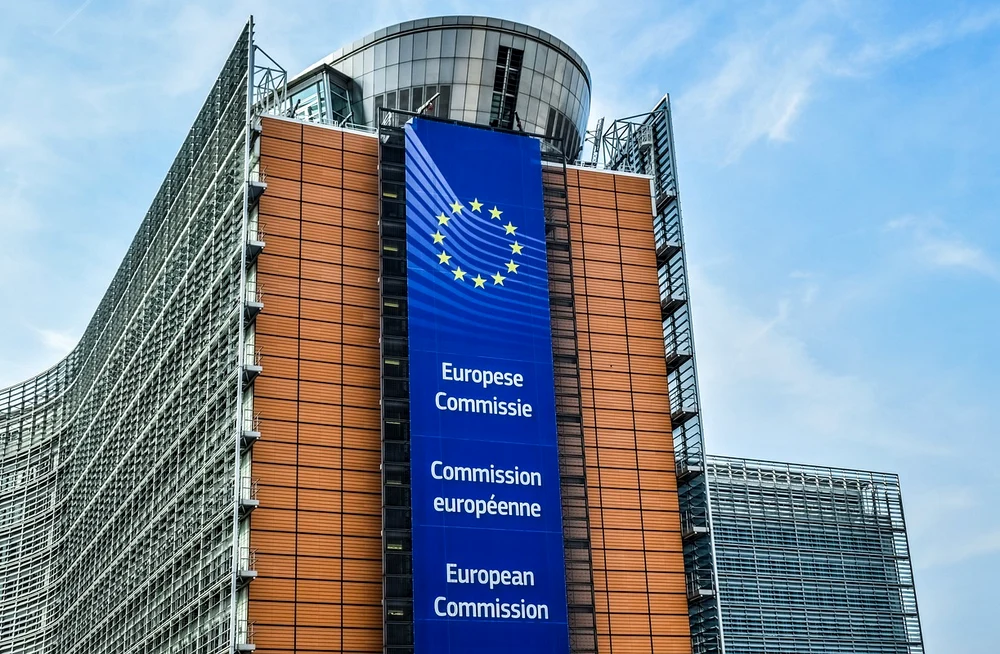Hungarians are alleged to have operated for years with networks of influence in Brussels and have attempted, according to an international investigation, to even recruit staff from the European Commission to work in favor of the secret services in Budapest.
The information was published in a joint investigation conducted by the German daily Der Spiegel, the Belgian publication De Tijd, and the Hungarian portal Direkt36, quoted by European Pravda. This is the first time concrete evidence has emerged that Hungarian agents have tried to penetrate the structures of European institutions.
A former European official recounted in the investigation about an explicit recruitment attempt made by an individual known by the initial “V.” – a Hungarian citizen who, between 2015 and 2017, was officially operating in Brussels as a diplomat.
According to the source, “V.” approached him through informal meetings, showed interest in the internal atmosphere of the European Commission, and tried to obtain information about key people, as well as potential institutional vulnerabilities. Subsequently, he would have hinted at possible collaboration in exchange for financial reward. The targeted official declined the proposal and reported the incident, under the protection of anonymity.
A Diplomat in Appearance, an Agent in the Field
Documents obtained by journalists indicate that during that period, “V.” was listed as an employee of the Department for Cohesion Policy within the Permanent Representation of Hungary to the European Union. His activity would have taken place under the tutelage of the then ambassador, who has since become a European commissioner: Olivér Várhelyi.
Sources from government structures, quoted under the protection of anonymity, confirmed the details recounted in the investigation and admitted that the concerns of the Hungarian services in Brussels have been known for some time, but until now there has been no evidence that could be made public.
In 2017, the activity of agent “V.” would have become increasingly visible, against the backdrop of increased pressure from the authorities in Budapest, who demanded results. The consequences were not long in coming: during that period, European authorities would have limited the access of certain Hungarian representatives to sensitive information.
Details, HERE

